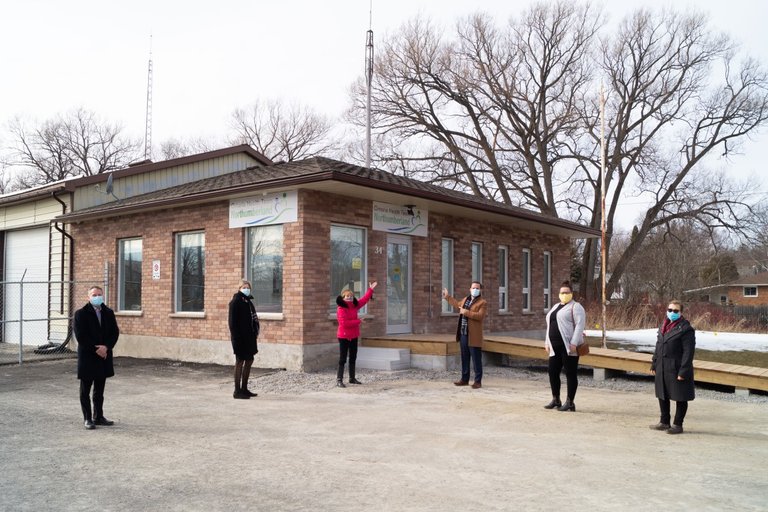Wellness & Mind
Mental Health Clinics Expand Services in Rural British Columbia
New funding from the province is helping remote communities gain access to licensed therapists, offering both in-person and virtual counseling.
Published on 2025-07-14T01:15:28
By Lara Benitez

Residents in rural communities across British Columbia are gaining improved access to mental health services thanks to a new provincial initiative that expands funding for community-based clinics. The program, launched earlier this year, aims to address long-standing service gaps in underserved areas.
The expansion includes the hiring of licensed therapists, the opening of satellite offices, and the rollout of mobile clinics for remote regions. Many of these communities previously relied on periodic visits from urban providers or had no mental health services at all.
In Quesnel, a new clinic on the town’s outskirts is already seeing over 100 patients per month. “We’ve gone from a six-month waitlist to seeing people within a week,” said program coordinator Melissa Carter. “The need has always been here—it just wasn’t met.”
A cornerstone of the initiative is its hybrid care model, which blends in-person counseling with telehealth services. For residents in mountainous or coastal regions, virtual appointments offer a vital lifeline without the burden of travel.
The province has allocated $25 million over two years to support the effort. Clinics receive operational funding as well as stipends for hiring and training local staff. The goal is to build sustainable care networks rooted in the communities they serve.
John Lim, a therapist based in Prince George, says the response has been overwhelmingly positive. “We’re not just treating mental illness—we’re rebuilding trust in the healthcare system,” he noted. “People who gave up on therapy years ago are walking back through our doors.”
Beyond therapy, many clinics offer integrated wellness programming, including group mindfulness sessions, addiction recovery support, and culturally sensitive counseling tailored to Indigenous populations. These added layers of care reflect a broader understanding of community wellness.
School boards have also welcomed the program. In areas like Vanderhoof and Fort St. James, clinics now coordinate with schools to provide crisis intervention and student mental health education. Teachers say the additional support has made classrooms more stable and compassionate.
Despite progress, challenges remain. Recruitment of qualified professionals to rural areas continues to be difficult, and some regions lack the infrastructure needed for reliable telehealth. The province says it is working to address these obstacles as part of its long-term plan.
Still, for many in rural B.C., the difference is already tangible. “I used to feel like no one remembered we lived out here,” said resident Paula Singh of Logan Lake. “Now, I know someone’s listening—and helping.”